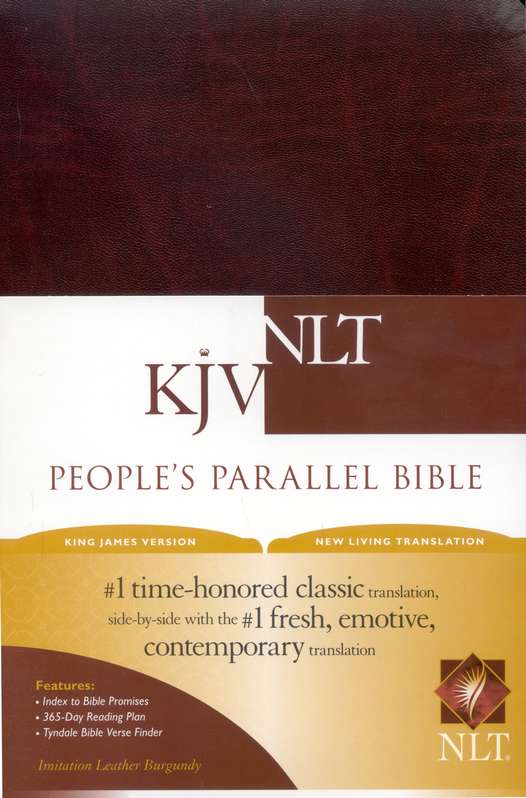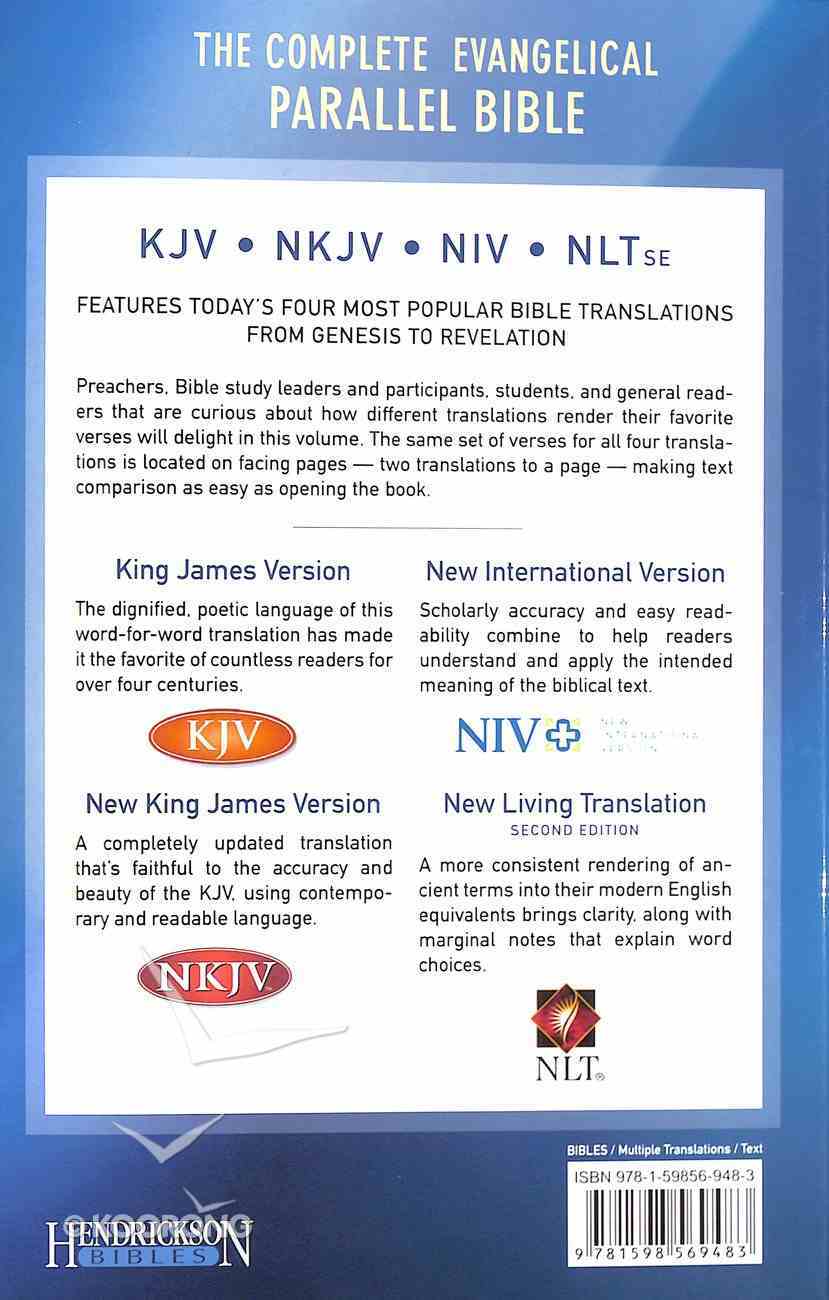
The problem of what to retain or omit in translation is not as crucial for the Latter-day Saint. That Jesus actually sweat blood was established by the Lord, who told Joseph Smith, “I, God, have suffered these things for all … which suffering caused myself, even God, the greatest of all, to tremble because of pain, and to bleed at every pore.” ( D&C 19:16, 18.) 28a, Garden City, New York: Doubleday & Company, 1985, p. and notes, The Gospel According to Luke (X–XXIV), The Anchor Bible, vol. … The external witnesses to the text are almost equally divided.” (Joseph A. The Anchor Bible lists the ancient manuscripts that omit and that contain these verses and adds, “The decision to admit them into the text or to omit them from it is not easy the matter is hotly debated among textual critics today. Some Bible translations do not include these verses because some ancient manuscripts do not have them. “And being in an agony he prayed more earnestly: and his sweat was as it were great drops of blood falling down to the ground.” (KJV.) “There appeared an angel unto him from heaven, strengthening him. For instance, Luke 22:43–44 describes the suffering of Jesus in Gethsemane more fully than any other passage in the gospels: Sometimes words, phrases, or entire verses are deleted. Joseph Smith restored that in the Joseph Smith Translation, and his rendition of the phrase is now found in the book of Moses.ĭeletion is one of the main problems in Bible translations. Evidently, this is an example of a corruption of the original text, in which the actual reference to Satan was lost. The problem of what the pronouns ( his and him in the KJV it in the NEB) refer to has led many modern translators to refer to the word sin and to expand the personification (“crouching beast” and “demon”) so that the passage would make more sense. It shall be eager for you, and you will be mastered by it. If you do well, you are accepted if not, sin is a demon crouching at the door. … It shall be unto thee according to his desire and thou shalt rule over him. If thou doest not well, sin lieth at the door, and Satan desireth to have thee.

“If you are ill disposed, is not sin at the door like a beast hungering for you, which you must master?” And unto thee shall be his desire, and thou shalt rule over him.

If thou doest not well, sin lieth at the door. Weaknesses in modern Bible versions are more often the result of faulty Hebrew and Greek texts than of logical misconceptions and renditions.įor example, the following verse in which the Lord is speaking to Cain has been difficult for many translators to understand:

13:25–29.) Hence, all translators would have difficulty producing an accurate Bible whether they used the twelfth- to fourteenth-century manuscripts available to the KJV translators or used earlier manuscripts. The Prophet learned early in his ministry that the original biblical texts had been corrupted at an early date. Its majestic, direct, forceful prose has never been surpassed in English literature.” ( Harper’s Bible Dictionary, 8th ed., New York: Harper & Row, 1973, p.

is so expressive in language and form that it is said to rival the original Greek as literature. far surpassed any English translation in its faithfulness to the Hebrew text and the simplicity of its style. 60–61.)Įarly Church leaders were partial to the KJV not only because they had grown up with it, but also because the KJV was couched in language unparalleled for its literary beauty. “For our Church membership, the Authorized Version is to be followed in preference to others because the Inspired Version by the Prophet Joseph Smith agrees with the Authorized Version in those essential particulars where other versions vary.” ( Why the King James Version? Salt Lake City: Deseret Book, 1956, pp. President J. Reuben Clark lists the Joseph Smith Translation (JST) as one reason the Church uses the KJV: Joseph Smith also used an 1828 edition of the KJV to prepare an inspired version of the Bible. Latter-day Saints relied on it in their meetings, and the Book of Mormon, Doctrine and Covenants, and Pearl of Great Price were written in a style of language similar to that in the KJV. When the Church was organized in 1830, the King James Version (KJV), also known as the Authorized Version, was the translation predominantly used in the English-speaking world. Gonzalez, institute teacher, Institute of Religion adjacent to the University of Utah.


 0 kommentar(er)
0 kommentar(er)
